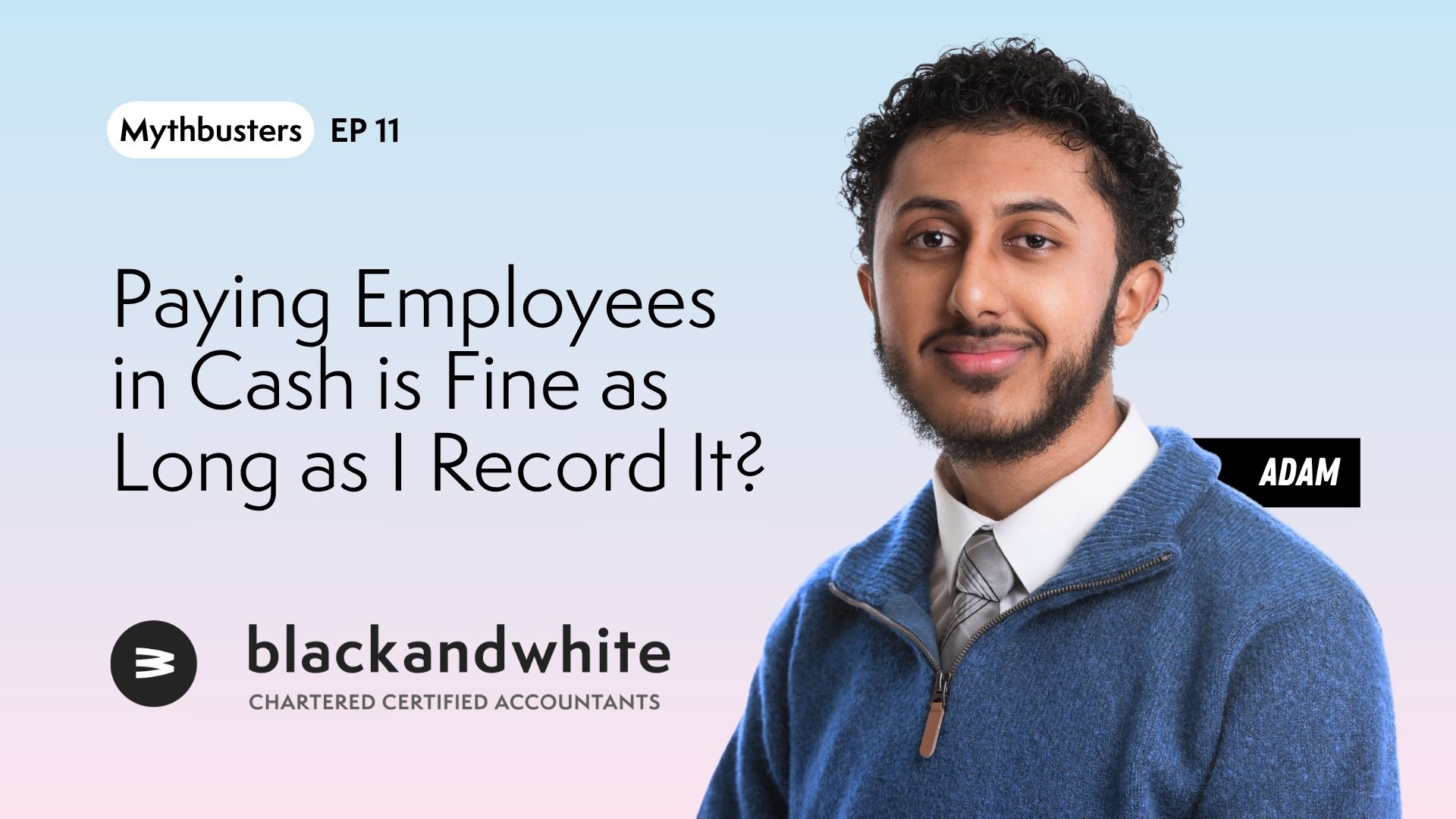When you are self-employed, whether that be as a contractor, sole trader, agency worker or director of your own limited company, it is beneficial to maximise your tax allowance and bring your tax down to a manageable level that allows you to grow the business and make it profitable enough that you can afford to continue.
One area that many small business owners overlook is that of properly utilising a spouse or partner. Despite them being alongside you for every step of your career and business journey, they can be overlooked both in terms of the value of their involvement, and the potential tax savings that come from making official something that is already happening.
A business partner in all but name
Running a small business can be a lonely and difficult job, so it’s no surprise that you turn to your husband or wife to share your stories, worries and problems. How often is it that they are able to cut through the fog and make sense of something in minutes that you have been struggling with for hours or even days? How regularly do they help you with your scheduling, work through some of your administrative paperwork or bring new ideas to further your business?
Many smaller enterprises are actually more collaborative than their owners think!
If your spouse is acting as an uncredited business partner, then it’s very reasonable that their work is paid for, and in doing so, you can make sure that your personal tax allowances are optimised.
The marriage allowance
A provision already exists from HMRC that allows some of the unused tax allowance assigned to a spouse to be used in favour of the working partner. The marriage allowance allows for £1,250 of the lower earning spouse’s personal allowance to be transferred to the higher earning spouse.
In reality, however, this only means an annual saving of £250 in tax, and it doesn’t credit your spouse with any actual involvement in the business.
Invoicing a spouse when self-employed
If your spouse does work alongside you uncredited, then they can invoice you for this work and become self-employed themselves, making full use of their entire personal allowance and not just the 10% dictated by the marriage allowance.
There is a little more paperwork involved, as the second partner must also be properly registered with the tax office as self-employed and maintain annual tax returns, but it’s a small cost when compared to the potential savings in tax.
The input from the lower-earning partner may seem small but added up properly it can be quite substantial. Five hours of work a week is reasonably valued at £75 or more, depending on the specialisation of the work. This can become £300 or more a month in declared earnings, and almost £4,000 per year. This small level of change would represent a saving of £800 a year in self-employed income tax with absolutely no alteration to household earnings.
Growing the business – from sole trader to limited company
For many self-employed businesses, the time soon comes where a progression to a limited company is beneficial. At this stage, too, it could be advantageous to include your spouse or civil partner as a business partner, sharing the ownership of the business and splitting the responsibilities.
While the tax options for a limited company are more varied, with different structures of set-up possible, the core remains true that your spouse’s personal allowance should not go unused.
Speak to us at Black and White Accounting for help in moving your business from a sole trader basis to a more structured limited company.
Involving a full-time employed spouse or civil partner
In many cases, your spouse will have a career path of their own, and if they are employed full-time, there may be no personal tax allowance remaining to take advantage of, nonetheless there could be other reasons why it is worth officially involving them into your business.
Why not have a chat to us at Black and White Accounting about the options that are available to you – not only could you potentially save thousands on your tax bill, but you could discover a business structure that brings additional advantages to your workload and efficiency.
Fill out our contact form for a no-obligation conversation, or simply pick up the phone and call 0800 140 4644 today!



